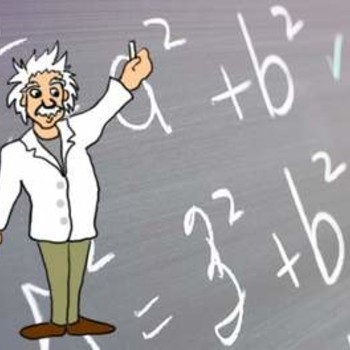Given the expression
#y=sqrtx log sqrtx#
Rewriting it as exponents
#y=x^(1/2) log x^(1/2)#
We need to use Product rule, which can be stated as:
"The derivative of a product of two functions is the sum of first function times the derivative of the second, and second function times the derivative of the first."
As the base of #log# function has not been explicitly given, assuming it to equal to #10#. We also know that
#d/dx x^n=nx^(n-1)# and #d/dxlog_10 x=1/(xln10)#.
Therefore we get
#dy/dx=x^(1/2) xx(1/(x^(1/2)ln10)*1/2 x^(1/2-1))+log x^(1/2)xx1/2 x^(1/2-1)#
#=>dy/dx=cancel(x^(1/2))(1/(cancel(x^(1/2))ln10)*1/2 x^(-1/2))+log x^(1/2)xx1/2 x^(-1/2) #
Reverting back to #sqrt# representation we get
#dy/dx=1/(ln10)*1/2 1/sqrtx+1/2 1/sqrtxlog sqrtx#
Simplifying we get
#dy/dx= 1/(2ln10*sqrtx)+log sqrtx/(2sqrtx)#
#=>dy/dx= (1+ln10*log sqrtx)/(2ln10*sqrtx)#
Rationalizing the denominator
#dy/dx=(sqrtx+ln10*sqrtx* logsqrtx)/(2 ln10*x)#

